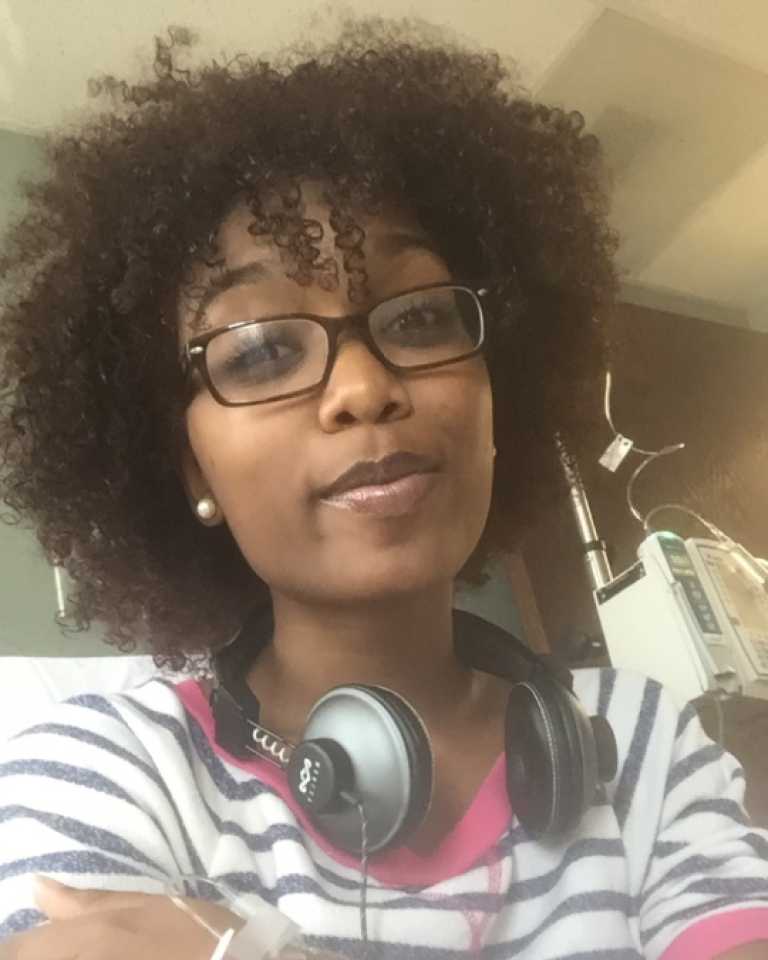Amber Norris

STUDENT SPOTLIGHT | JULY 2016
Department: I am a Spanish major with a pre-med focus.
Describe your work in a few sentences that we can all understand: Dr. Johnson and I are studying the mechanism of Multiple Sclerosis (MS). We are working to see how we can manipulate neurotransmitters such as dopamine, in an EAE animal model that studies MS, to show the importance of the neurotransmitter in decreasing the number of relapses/flairs an MS subject experiences over time.
Q: Who mentors your project?
A: Dr. Michael Johnson and Dr. Mizuki Azuma
Q: What surprised you about doing research?
A: The biggest surprise that I ran into while doing this research is the number of collaborations that are necessary for some experiments to be successful. While a mentor may be heavily equipped with research, tools and successful outcomes, it is important to make sure that the techniques being used in the lab are applicable to your research as well.
Q: How do you spend your time when you’re not working on your research?
A: When I am not working on my research, I am trying to gain a better understanding of my own disease (MS) and how that impacts me as a patient and as an aspiring future physician. I also work part-time and I volunteer for Big Brothers Big Sisters.
Q: What did you find most challenging about getting involved in or doing your project? What advice would you offer to students facing similar challenges?
A: The most challenging thing for me was getting involved in research. It was difficult because I wanted to study a very specific neurological disease, Multiple Sclerosis, during my junior year, which is a later time than usual. At first, it was very difficult to stay motivated and get involved because many professors would not respond to my emails or were studying things unrelated to the topic I wanted to better understand. My advice to students in a similar situation is to never give up. The worst thing that someone can tell you is no, but once someone finally tells you yes, all of the struggle will be worth it. Also, make sure there is always a professor in your corner that can advocate for your work ethic and your passion.
Q: What do you like most about your project?
A: The thing that I like most about my research project is how I get to do research independently, based on my own passion and interests. My professor lets me research topics that can be tested using his analytical chemist techniques, but we also analyze other current research as well.
Q: What advice would you give to a friend wanting to get involved in doing research or creative work?
A: I would advise a student interested in starting research to find a topic that they are genuinely interested in, and then shoot for the stars. We have so much access at the University that we don’t know about, often times until we need it. It is crucial that we follow our dreams and open doors that other may not even know exist yet.